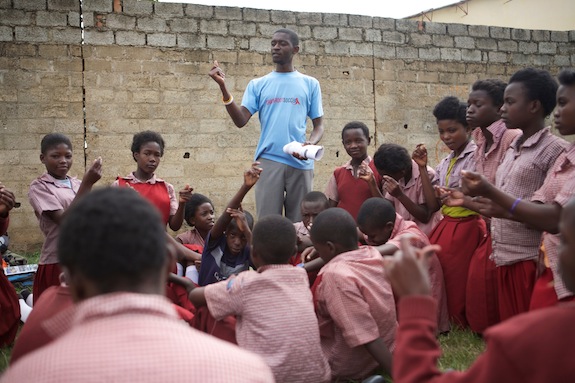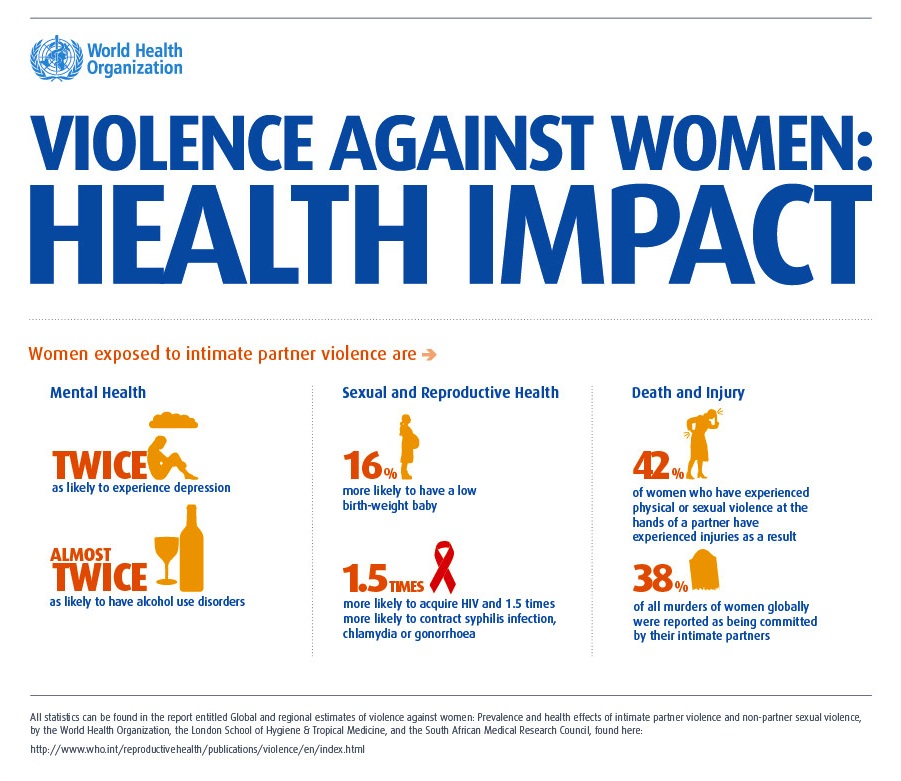As evidence of gender-based violence (GBV) increases throughout Zambia, the need to address the widespread problem of GBV, with regard to human rights and global health, remains enormous. Data from the most recent Zambia Demographic and Health Survey (ZDHS) indicates that over 50% of women interviewed reported experiencing some form of GBV, while over 15% reporting sexual violence in an intimate partner relationship. The high prevalence of GBV in Zambia makes it both a challenging and critical topic for programming. Studies show that many Zambian women perceive gender-based violence to be both normal and acceptable, adding to the difficulty of social and cultural change1.
The reported rates of GBV have major implications for transmission of HIV, which has a disproportionate effect on women and girls. The latest research from UNAIDS suggests that women who experience intimate partner violence have a 50% increased risk of acquiring the virus2. The negative effects of unequal power relations have also been documented; currently, only 11% of Zambian women felt they could ask their husband to wear a condom, even if they were aware he was HIV positive3. With GBV identified as a major driver of HIV, Grassroot Soccer (GRS) is working to break the cycle of GBV, starting with youth populations.

Girls and boys talk openly about gender issues during the "Gender Stadium" activity.(Photo courtesy Hannah King-Guffey)
The GRS curriculum has a strong focus on increasing gender equality while considering the sensitivity of many genders issues relevant to Zambia. Notably, the GRS practice “Gender Stadium” encourages discussion about gender norms and offers a chance for boys and girls to communicate openly about ways they can support and empower each other. GRS Zambia Coach Inonge Mulungushi explains: “It’s clear the girls are shy when talking about these issues, but we [coaches] do our best to make the conversation more comfortable. By the end, they are much more open and confident.” Though rates of GBV continue to be problematic in Zambia, Inonge believes the work of GRS can truly make a difference. “It starts with the kids,” she says, “if we can help them understand and respect each other, things can really change.”
1. Human Rights Watch 2002, Suffering in Silence: The Links Between Human Rights Abuses and HIV Transmission to Girls in Zambia
2. Joint UN Programme on HIV/AIDS 2013
3. UNAIDS/WHO 2004, Women and AIDS, An Extract From AIDS: Epidemic Update
